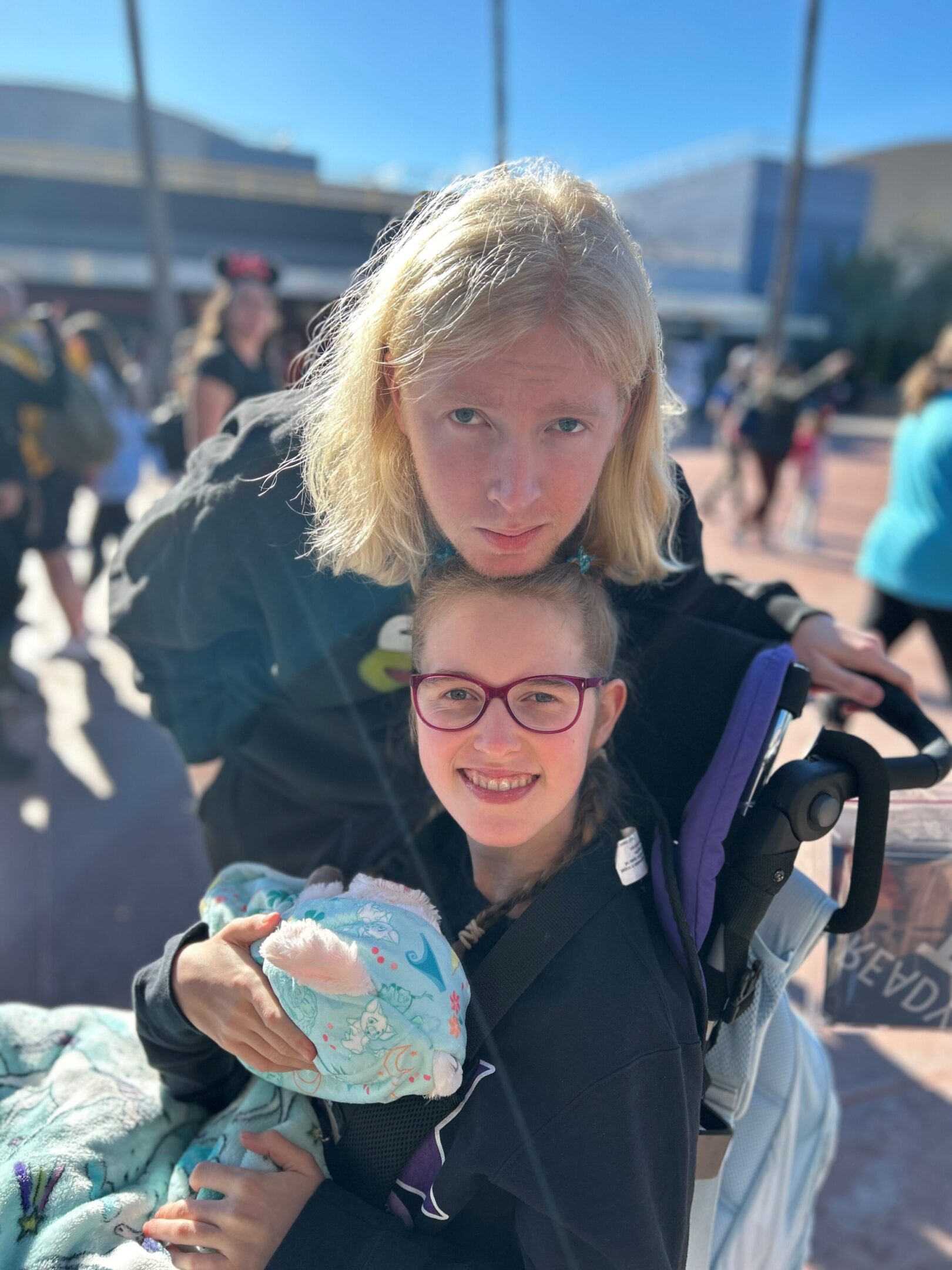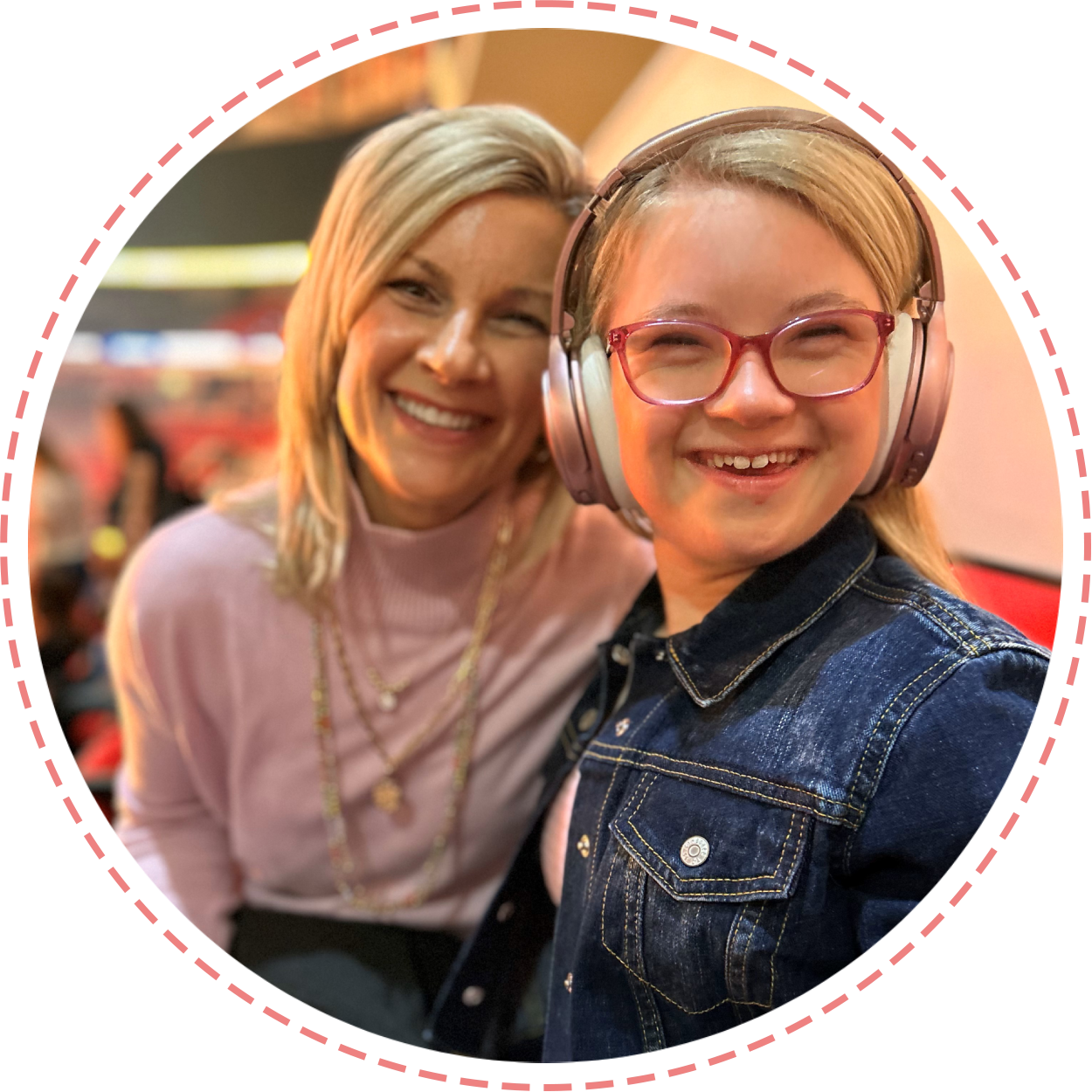
Navigating the
Application Process
Applying for CAP/C services involves several key step to ensure that your child receives the necessary support. Our detailed process guides you from initiating your referral to preparing for assessment and handling any potential denials. Follow these steps to streamline the process and set the stage for effective case management and support.
Application Process
After submitting the CAP/C paperwork to NC LIFTSS, you'll be contacted for an assessment or receive a denial letter. If the referral is denied, you can appeal.
You will receive a referral packet from NC LIFTSS. Complete all the referral paperwork and return it to NC LIFTSS. The returned paperwork should include the following:
- Case management selection form
- Consent form
- Physician worksheet
Keep a copy of each form returned for your records.
Call your County Department of Social Services (DSS) to begin the Adult Long-term Care Medicaid application. Your Medicaid Caseworker at DSS will assist you with your Medicaid application and applying for Disability Determination. Even if your child already has Medicaid, you must still contact the Medicaid caseworker.
- After submitting CAP/C paperwork to NC LIFTSS, you will receive a call to schedule an assessment, or you will receive a denial letter in the mail. (If the CAP/C referral is denied, you can appeal this decision.)
- Once your assessment is completed and approved, you will receive a call from Holland Management or your selected case management agency to develop a Plan of Care.
- Once the CAP/C Plan of Care and Disability Determination are approved, Medicaid will be approved and become active. This process may take up to 30 days.
- You will receive notice from your County DSS caseworker via mail and/or your CAP/C case manager that Medicaid and CAP/C are active, and your services can start.


Preparing for Your
Initial Assessment
- Time Allocation: Allow 2–3 hours for the home or virtual visit.
- Caregiver Presence: Arrange care for younger children during the visit.
- Specialists: List specialists with appointment details.
- Medications: Have all medications available for review.
- Medical History: Note recent hospital admissions and emergency visits.
- Emergency Contacts: Provide details for one or two emergency contacts.
- Therapy and Service Plans: Include therapy notes, service plans (IFSP or IEP), and seizure logs.
- Equipment Details: Provide information on medical equipment and feeding tubes.
- If your child has respiratory or cardiovascular support or equipment, have a copy of the size and settings available. If they have a feeding tube, have a copy of the type and size available, and what type of formula and schedule you follow.
- Future Goals: Reflect on your family’s hopes and goals.
- Needs Assessment: Identify what is needed to achieve these goals.
What If You Are Denied
- Submit Appeal: Send your appeal form to the Office of Administrative Hearings (OAH) within 30 days.
- Supporting Documentation: Submit supporting documents, including medical records and therapy notes.
- Mediation: Participate in a phone meeting with a mediator and NC Medicaid nurse consultant. A support person can attend.
- Preliminary Hearing: If mediation fails, a preliminary hearing with a judge and Medicaid attorney will be scheduled.
- Full Hearing: If no agreement is reached, a full hearing will be conducted, either over the phone or in person. Support persons can testify.
Get Assistance With
Application Processes
For assistance with starting your referral or the CAP/C application process or any other information related to our services, reach out to us today. Our dedicated team at Holland Management is here to provide support and guide you every step of the way.

